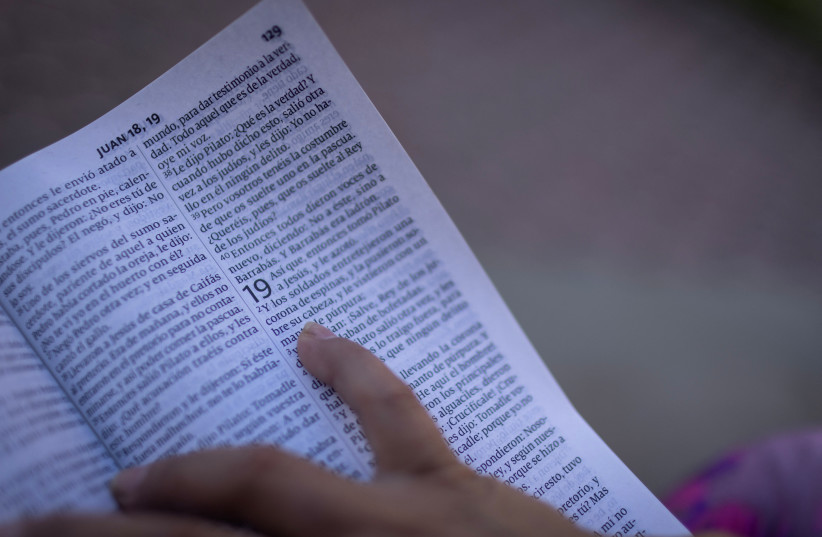A comprehensive survey conducted by the American Bible Society, "State of the Bible USA 2024," has revealed a continuing decline in Bible engagement among Americans. Experts worry this trend could have far-reaching implications for the country's spiritual and social fabric.
According to the study, only 38% of American adults now engage with the Bible at least three to four times a year outside of church services, marking a slight decrease from 40% in the previous year. This gradual decline has been a consistent trend over the past decade, with a notable drop from 50% in 2011 to under 40% today.
Despite the overall decrease in Bible usage, there are signs of an enduring interest in spiritual growth. The survey found that 15% of respondents reported an increase in their personal Bible use from the previous year, suggesting a resilient, albeit small, group of individuals deepening their engagement with scripture.
The report introduces a new measure, the Spiritual Vitality Gauge (SVG), which assesses individuals' spiritual health based on nine key questions about their beliefs and practices. The latest findings show a troubling increase in the number of Americans categorized as "Ailing" in their spiritual lives, rising from 21% in the previous year to 28%.
Generational trends explains phenomenon
This spiritual decline is most pronounced among younger generations, with only 11% of Generation Z adults considered Scripture Engaged, the lowest among all age groups surveyed. This demographic is also the least likely to view the Bible as a significant influence in their lives.

Amid these concerning trends, the survey also highlights a persistent desire among Americans to connect with the Bible. Over half of the respondents (53%) wished to read the Bible more frequently, indicating a latent demand for spiritual engagement.
Regional differences in Bible engagement are stark. The South leads with the highest percentage of Scripture-engaged individuals, at 25%, nearly double that of the Northeast and Midwest. This regional disparity underscores the varied cultural landscapes across the United States and their impact on religious practices.
The decline in Bible engagement is accompanied by societal concern about the Bible's role in shaping character. Half of the survey respondents agree that Bible reading is crucial for a child's character development, a sentiment that has gained traction amid ongoing debates over educational content in schools.
As the American Bible Society continues to monitor these trends, the "State of the Bible USA 2024" report is a critical barometer of the nation's spiritual health. The findings challenge community leaders and educators to foster environments where spiritual and biblical engagement is encouraged, hoping to reverse the declining trends and promote a healthier spiritual future for all Americans.
